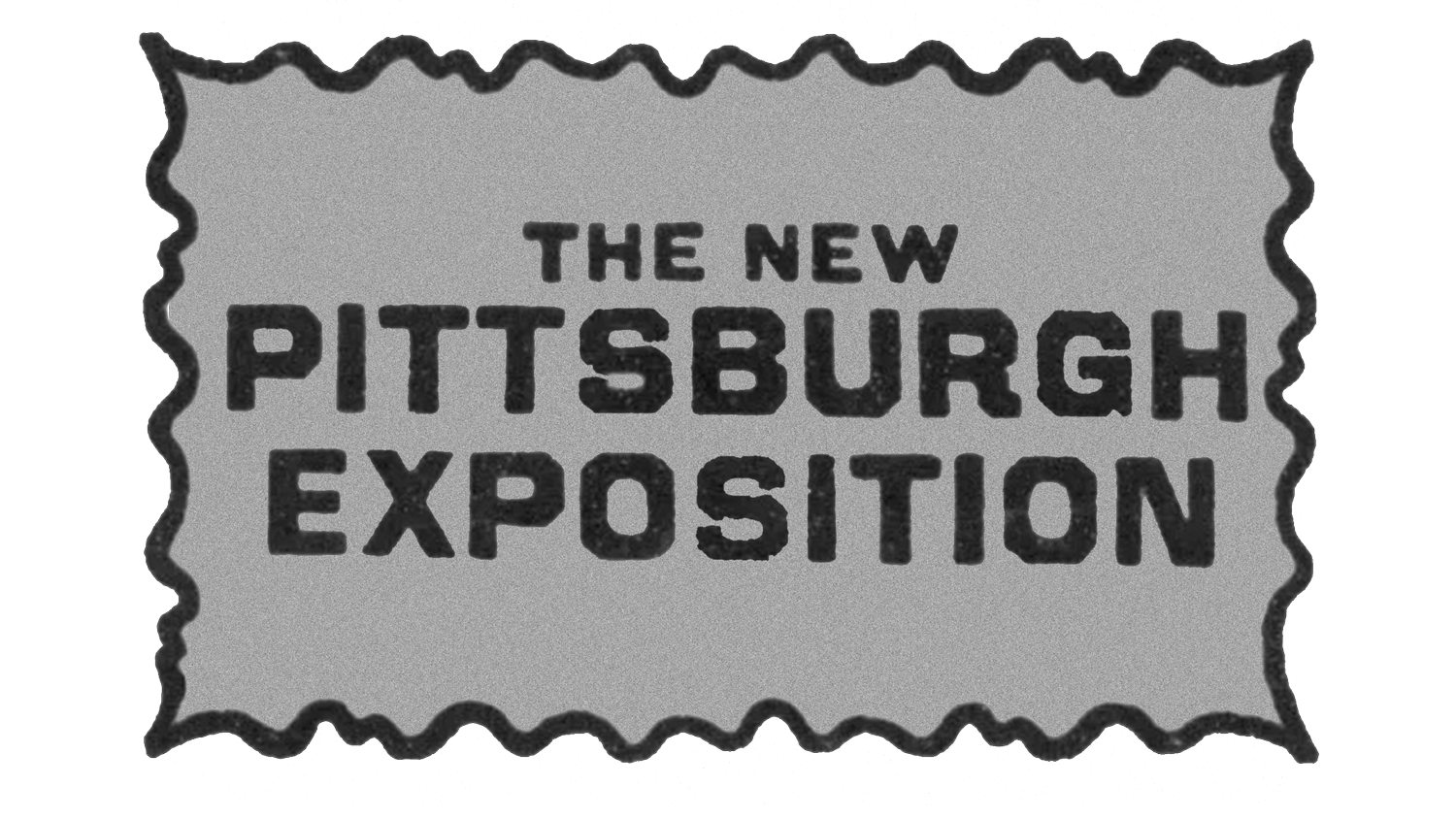GLASS CENTER RECEIVES $100,000 GRANT
Pittsburgh Glass Center (PGC) received a $100,000 grant from the Helen Frankenthaler Foundation through its Frankenthaler Climate Initiative to support the construction of a thermal envelope for its expanded facility using new high-efficiency glass donated by Vitro Architectural Glass. This will be the first installation of this new technology in Pittsburgh.
Pittsburgh Glass Center, a nonprofit organization dedicated to teaching, creating and promoting glass art, will begin the expansion of its facility in 2023 using new high-performance vacuum insulating glazing units (VIG), VacuMax VIG, which provides thermal insulation comparable to a standard wall assembly. This is a significant improvement to the thermal envelope and would serve as the first implementation of this newly designed product in the region. The VacuMax glass effectively blocks thermal transmission, delivering thermal insulation performance that is 2-4 times better than conventional insulating glass and 14 times better than monolithic glass. It has extraordinary R-values (16+) that deliver energy savings and reduced carbon emissions by way of lower Btu usage.
“VacuMax vacuum insulating glass is just one of several innovative technologies we are working on at the Vitro Architectural Glass research and development facility in the Pittsburgh area. The company has invested heavily in developing new glass technologies that reduce energy consumption and commensurate environmental impacts of buildings,” said Vitro Vice President of Research and Development Adam Polcyn. “At Vitro, we seek to reflect our region’s rich heritage in glass with a passion for art, architecture, and a commitment to sustainability,” he added.
"From the start, Pittsburgh Glass Center has been committed to reducing its energy consumption and doing all that we can to reduce our carbon footprint. This grant from the Frankenthaler Foundation and partnership with Vitro Architectural Glass allows us to truly make a difference for the environment inside and outside of our building. Immediately, staff and visitors will benefit from the warmth that this technology provides. This translates to no more shivering staff, space heaters, and wearing heavy coats inside of the building in the chilly winter months,” said Heather McElwee, the Randi and L. Van V. Dauler Jr. Executive Director.
The Helen Frankenthaler Foundation conferred $3 million to nearly 50 institutions across the United States, from visual art museums to art schools, to advance energy efficiency and clean energy projects through its Frankenthaler Climate Initiative (FCI). Developed in partnership with RMI and Environment & Culture Partners, the $10-million, multi-year initiative is the largest private national grant-making program of its kind addressing climate change through cultural institutions. With $8.1 million awarded to date, the grant-making program expanded its applicant pool in its second cycle to include non-collecting visual arts organizations and art schools, widening the range of grantees and energy projects supported.
The recipients from the 2022 cycle represent a broad cross-section of visual arts institutions across 19 states, ranging from art schools and university museums such as the Fine Arts Work Center (MA), Pittsburgh Glass Center (PA), and Center for Curatorial Studies, Bard College (NY); to regional museums with specialized collections such as Florence Griswold Museum (CT) and Tacoma Art Museum (WA); to institutions with national and international reach, such as the Museum of Modern Art (NY), Museum of Fine Arts, Houston (TX), and MASS MoCA (MA).
Awarded projects were divided between scoping and technical assistance grants, which help institutions assess opportunities to reduce the carbon footprint and energy costs of their facilities and support the specification and budgeting for procurement and financing, and implementation grants, which provide partial and seed funding for fully specified projects. The full listing of grantees is available at frankenthalerclimateinitiative.org.
“The first round of FCI’s funding helped museums actualize climate neutrality commitments, prepare for and respond to climate-driven disasters, and create avenues to achieve long-term operational sustainability, among other key goals. This second phase expands our reach and impact by advancing current projects in development and providing a new roster of visual art institutions with the support needed to meet their climate goals,” stated Lise Motherwell, Chair of the Helen Frankenthaler Foundation.
Added Fred Iseman, President of the Helen Frankenthaler Foundation, “The arts can be a powerful force in advancing global efforts against climate change. Our goal with this second grant-making cycle of the Frankenthaler Climate Initiative is to motivate individuals across the arts sector—art students to curators to museum goers—to be change-makers, actively working to counter the most imminent and palpable threat facing our planet and existence. They say ars longa - vita brevis but vita is getting shorter.”
More About the Frankenthaler Climate Initiative
The Frankenthaler Climate Initiative is the first nation-wide program to support energy efficiency and clean energy use for the visual arts and the largest private national grant-making program to address climate change action through cultural institutions. Its grants provide critical support to visual art institutions in the United States seeking to assess their impact on the environment and to lower ongoing energy costs. The $10-million initiative builds on the Helen Frankenthaler Foundation’s commitment to social impact philanthropy, catalyzing change across critical issues in the arts.
The Frankenthaler Climate Initiative was launched in 2021 and is managed in association with RMI, an independent nonprofit that engages businesses, communities, institutions, and entrepreneurs in accelerating the adoption of market-based solutions that cost-effectively create a clean, prosperous, and secure low-carbon future, and Environment & Culture Partners, a nonprofit that creates relationships and leads collaborations that engage the cultural sector in broader climate action. The inaugural grant cycle awarded 79 institutions with more than $5 million in funding. The next cycle will open in February 2023. For more information, visitfrankenthalerclimateinitiative.org.
